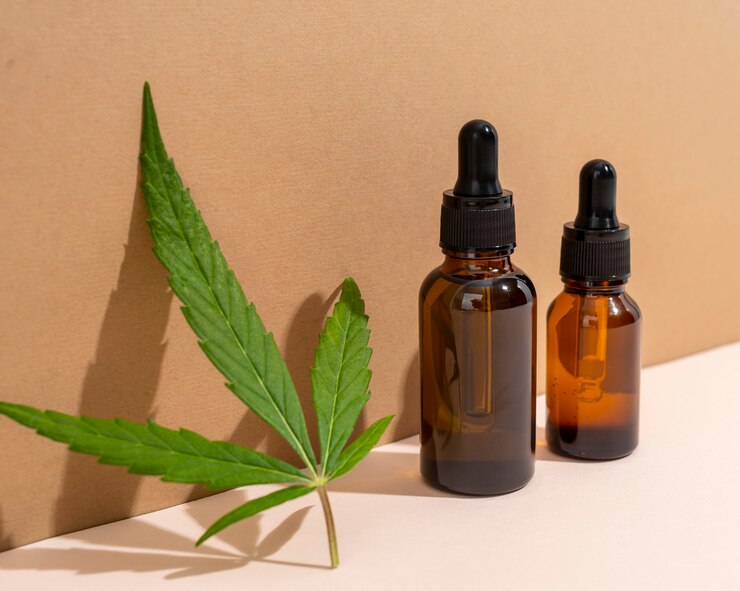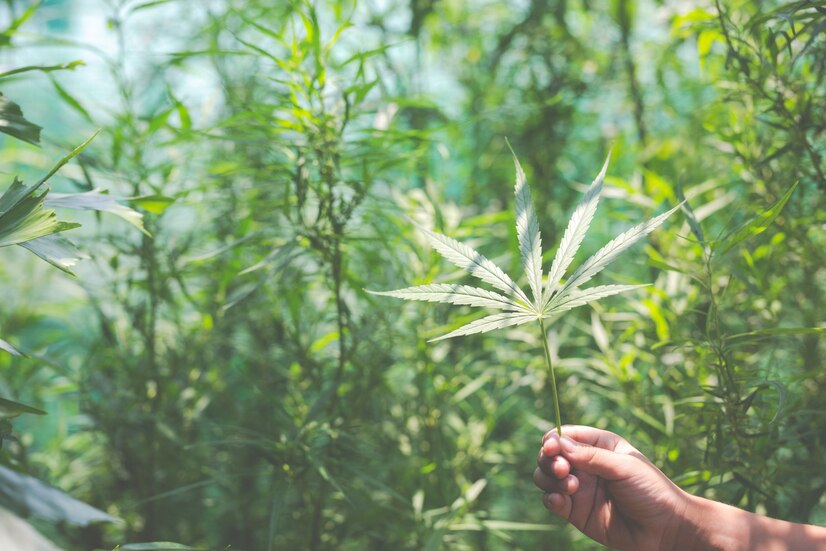Table of contents
As cannabis-based products continue to gain popularity for wellness, medical, and recreational use, two key compounds often spark curiosity and confusion: CBD vs. THC. While both are cannabinoids derived from the cannabis plant, they have distinct effects, uses, and legal statuses. Understanding the differences between CBD and THC is essential for anyone looking to make informed decisions about cannabis consumption—whether for relaxation, medical treatment, or everyday wellness.
In this guide, we’ll break down what separates CBD vs. THC, explore their benefits and risks, and help you choose what might be right for your needs.
What Are CBD and THC?

CBD (cannabidiol) and THC (tetrahydrocannabinol) are the two most well-known cannabinoids found in cannabis and hemp plants. They interact with your body’s endocannabinoid system (ECS), which helps regulate functions like mood, sleep, appetite, and pain.
However, despite their similar origins, their effects on the body and mind are very different.
Key Differences Between CBD vs. THC

1. Psychoactive Effects
- THC is psychoactive and responsible for the “high” associated with marijuana use.
- CBD is non-psychoactive and does not produce a high. Instead, it promotes relaxation and calm without altering your state of mind.
2. Legal Status
- In the U.S., CBD derived from hemp (containing less than 0.3% THC) is federally legal, though some states have restrictions.
- THC is federally illegal but legal for medical or recreational use in many states and countries.
3. Medical Uses
- CBD is commonly used for anxiety, pain, inflammation, epilepsy (e.g., FDA-approved Epidiolex), and general wellness.
- THC is often prescribed for appetite stimulation, chronic pain, insomnia, glaucoma, and nausea—especially in chemotherapy patients.
4. Side Effects
- CBD is generally well tolerated but can cause drowsiness, dry mouth, or digestive issues in some.
- THC may cause short-term memory loss, increased heart rate, anxiety, or paranoia, especially in high doses.
5. Drug Testing
- CBD generally doesn’t show up on drug tests, but full-spectrum products may contain trace THC that can trigger a positive result.
- THC is commonly screened in drug tests and can stay in your system for several days to weeks depending on usage.
How CBD and THC Work Together: The Entourage Effect
Although CBD and THC have distinct properties, they often work better together. This synergy is known as the “entourage effect,” where multiple cannabinoids enhance each other’s therapeutic effects. That’s why some people prefer full-spectrum CBD products, which include a legal amount of THC, rather than isolates.
Choosing Between CBD vs. THC
Ask yourself these key questions:
- Do you want the benefits of cannabis without feeling high? → Try CBD.
- Are you looking for stronger pain relief or help with sleep or appetite? → THC may be beneficial (if legal in your area).
- Are you subject to drug testing or live in a region with cannabis restrictions? → Stick to CBD isolate or broad-spectrum products.
- Interested in holistic wellness and don’t mind trace THC? → Consider full-spectrum CBD.
Always consult a medical professional before starting either compound—especially if you’re taking medications or have health conditions.
FAQs About CBD vs. THC
No. CBD is non-psychoactive and does not create the euphoric or mind-altering effects that THC does.
CBD derived from hemp (under 0.3% THC) is federally legal in the U.S., but state laws vary. Always check local regulations.
Yes, many products combine both to take advantage of the entourage effect. This blend may offer enhanced therapeutic benefits.
Pure CBD shouldn’t, but full-spectrum products containing trace THC might. Use broad-spectrum or isolate if drug testing is a concern.
Both can help, but THC is often more effective for acute pain, while CBD is preferred for inflammation and chronic discomfort without the high.
Final Thoughts
When it comes to CBD vs. THC, it’s not a competition—it’s about understanding your needs and finding the right balance. Whether you’re seeking relief from anxiety, looking for a sleep aid, managing chronic pain, or just exploring wellness options, both cannabinoids offer powerful, natural benefits.
The most important thing is to research, start slow, and choose high-quality, lab-tested products. And always ensure your usage aligns with local laws and your personal health goals.





